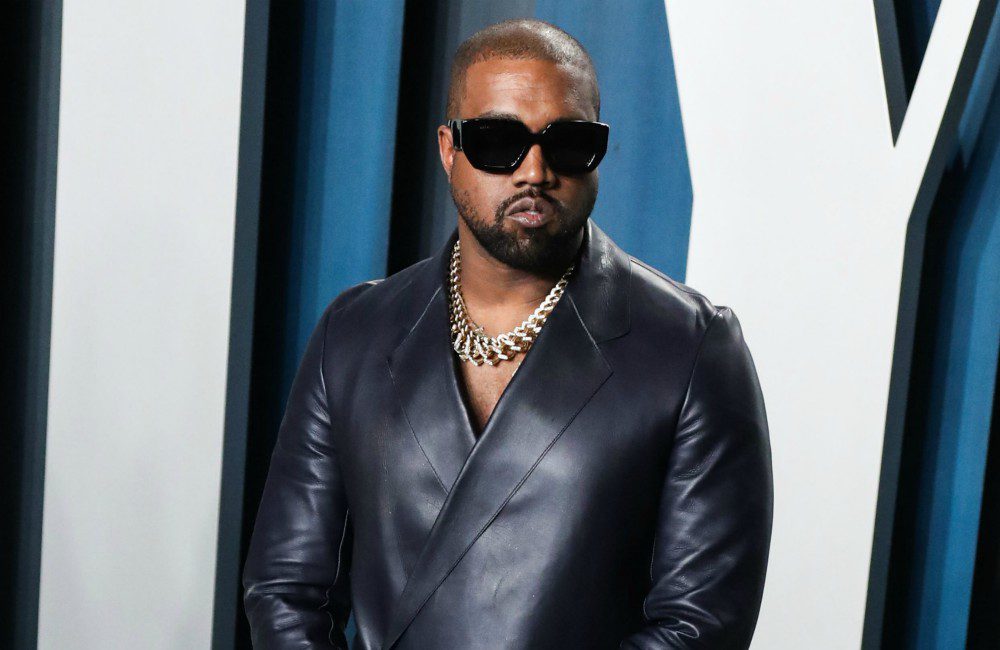
Newt Gingrich’s resounding victory in the South Carolina primary was seen as a game-saver for the infamous bomb-chucking Georgia radical as well as a cold splash of water in Mitt Romney’s face.
The results was the strongest indication of the South’s preference for Gingrich’s brand of right-wing politics as well as their disdain and distrust of the former Massachusetts governor’s politics, extreme wealth and religious affiliation. Romney is a Mormon.
The win for Gingrich raises this interesting and crucial question: Can the winner in South Carolina win the general election? The GOP leans further right in South Carolina than other states, and pundits believe too far to elect a viable candidate.
Here’s another problem that arose with the weekend results: Mitt Romney was routed in South Carolina so convincingly that the race for the Republican nomination could be prolonged longer than the GOP wants it to. A long, bitter battle will doubtlessly splinter the GOP electorate and drain funds from the party coffers normally reserved for the fall campaign. A Republican Party that is not unified cannot beat President Obama in the general election.
Voters also said with their choice that they either don’t care about Gingrich’s alleged plea for an open marriage, his rampant infidelities in the past, or they voted out of spite for the “evil, Eastern Establishment-controlled liberal media” who are prying into Gingrich’s personal life in order to discredit him.
Before we proclaim Gingrich the comeback candidate, there are three trends that have consistent in general election politics:
- The South, particularly the Deep South (Georgia, Alabama, Mississippi, Arkansas and South Carolina) prefer and vote for radical conservative candidates.
- Hardline conservatives have a harder time the general election.
- Americans do not usually elect radicals or extremists of either party.
There is a steep price to pay for radicalism. Political extremism on the left and the right causes the candidates to move out of the mainstream, and out of the range of electability because there are many more moderate Democrats, Republicans and Independents than those that reside on the fringes of the left and right.
It remains to be seen if Gingrich’s firebrand politics, his controversial racial pronouncements and his personal appetites become liabilities as the campaign trudges toward the nomination.
–terry shropshire
















